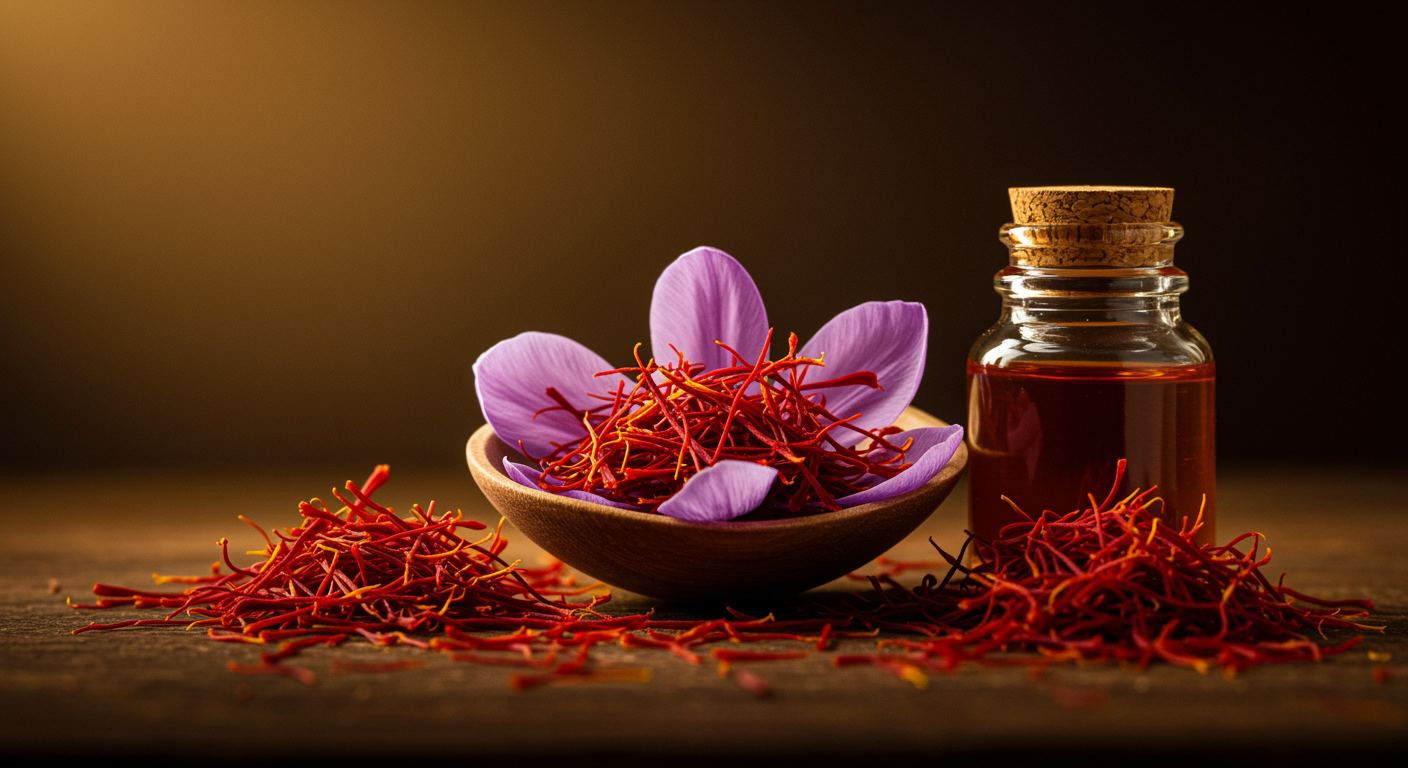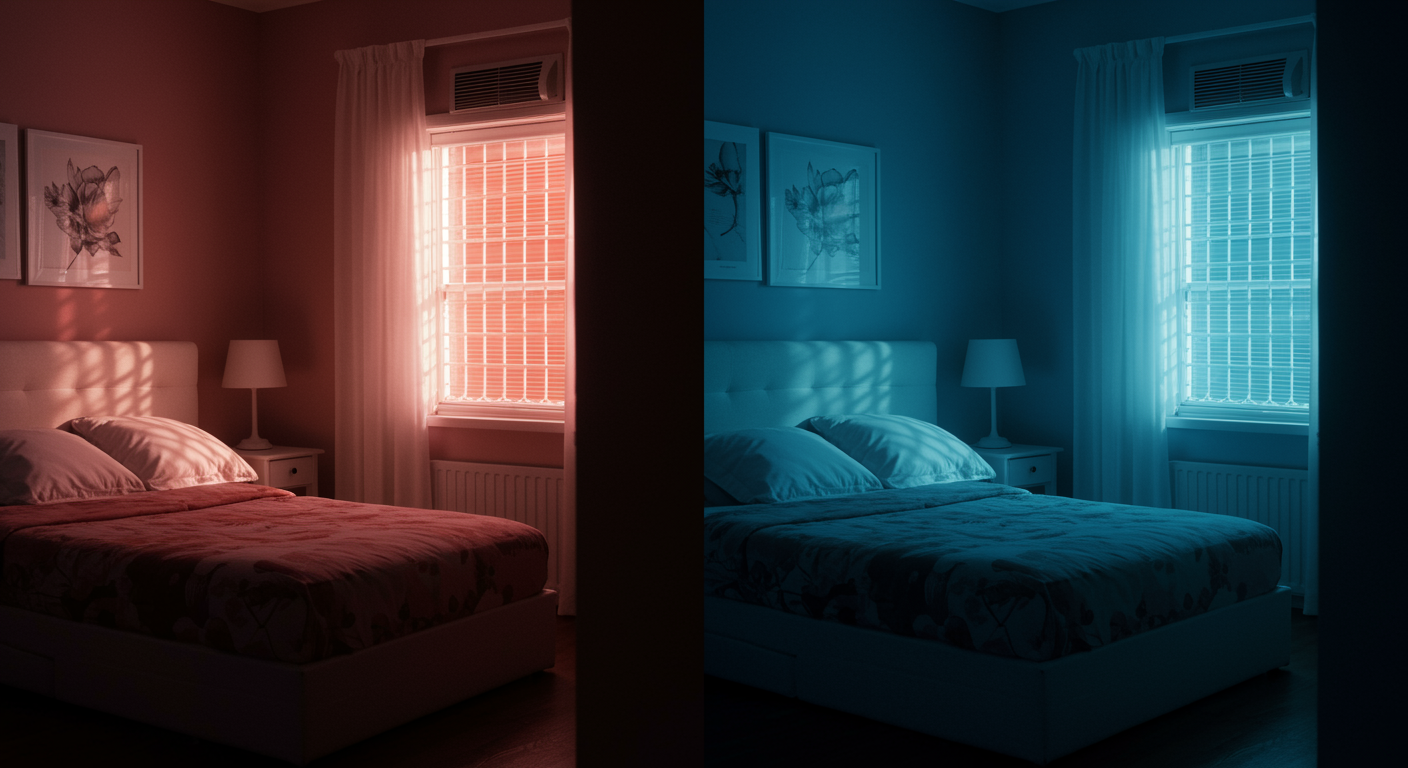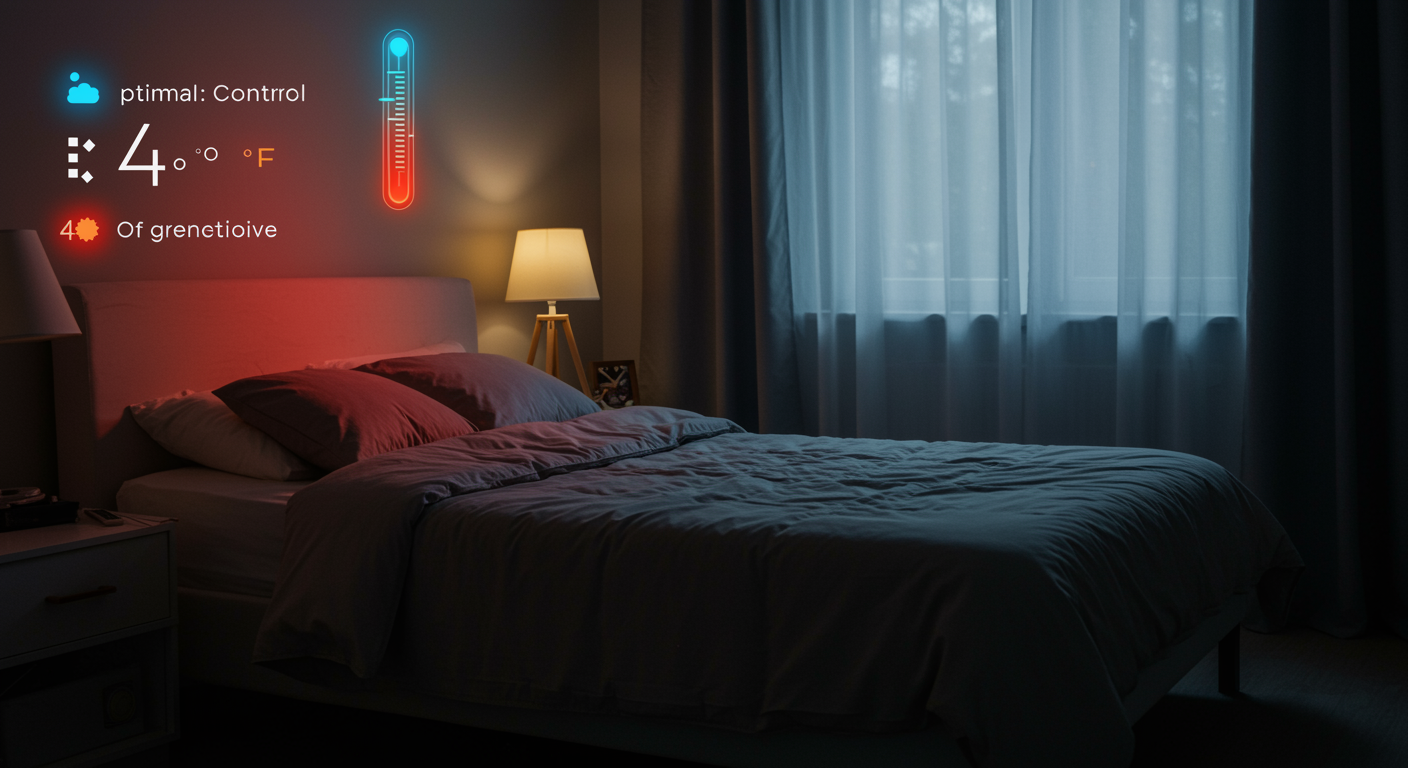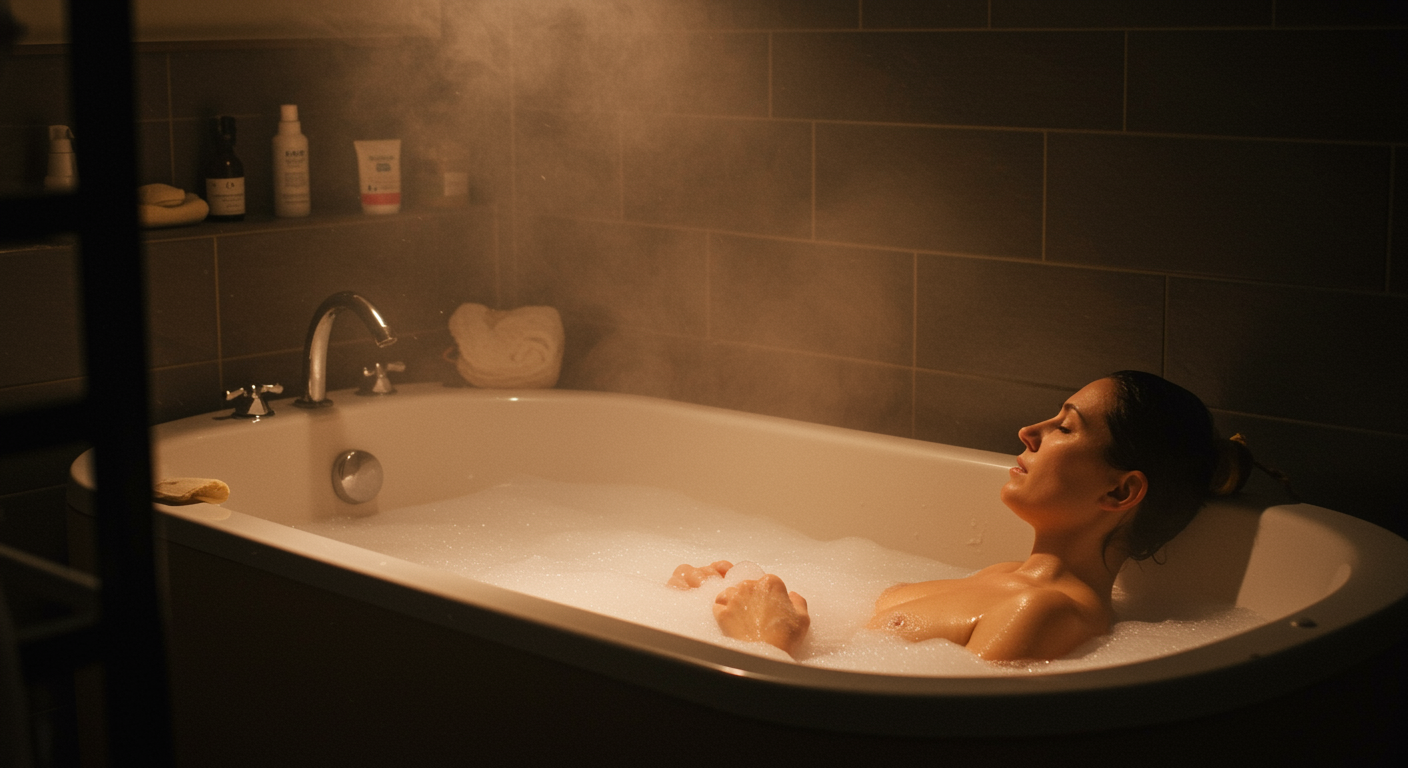Saffron Extract Improves Sleep Quality: Randomized Double-Blind Trial
Does Saffron Extract Actually Improve Sleep Quality?
Saffron extract significantly improves sleep quality and reduces sleep onset time in adults with sleep difficulties, this randomized double-blind controlled trial demonstrates. Participants taking 28mg of saffron extract daily for 4 weeks showed substantial improvements in sleep quality scores, reduced time to fall asleep by an average of 17 minutes, and reported better overall sleep satisfaction compared to placebo. The spice, derived from Crocus sativus flowers, appears to work through multiple mechanisms including modulation of serotonin and GABA neurotransmitter systems, mild sedative effects, and potential anti-anxiety properties. Saffron’s sleep benefits occurred without significant side effects, making it a promising natural alternative for people seeking non-pharmaceutical sleep aids.






